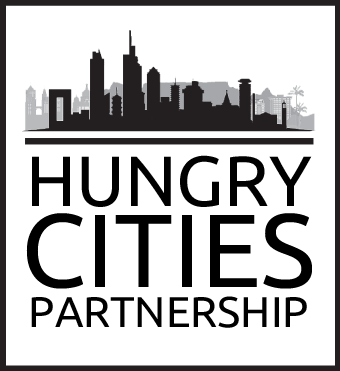Document Type
Hungry Cities Report
Publication Date
2018
Department
Balsillie School of International Affairs
Abstract
The Hungry Cities Partnership aims to promote inclusive growth in urban food systems in Maputo and other cities of the Global South. The production of new empirical knowledge about the levels of household food security and the various facets of the urban food system is a core component of this effort. This report presents and analyses findings from a city-wide survey of 2,071 households that found that most Maputo households are food insecure and that more than a third can be categorized as severely food insecure. Dietary diversity in the city is extremely low and almost half of households had gone without food due to price increases in the six months prior to the survey. The findings demonstrate the importance of the informal economy for food security, both in terms of informal sources of household income and informal food sources. The survey results also suggest a sharp divide in food security status between households in the formal and informal areas of Maputo. Given the differences in infrastructure access between the formal and informal areas of the city, and the close relationship between infrastructure access and food insecurity in Maputo, the informal/formal divide may be a physical manifestation of severe inequality across multiple deprivations in the city. The report recommends that informal vending be given the support it needs for its operations, as it is a critical source of food and livelihoods in Maputo.
Recommended Citation
Raimundo, I., McCordic, C., & Chikanda, A. (2018). The State of Household Food Security in Maputo, Mozambique (rep., pp. i-39). Waterloo, ON: Hungry Cities Partnership. Hungry Cities Report, No. 10.
Included in
Food Studies Commons, Human Geography Commons, Politics and Social Change Commons, Urban Studies and Planning Commons


